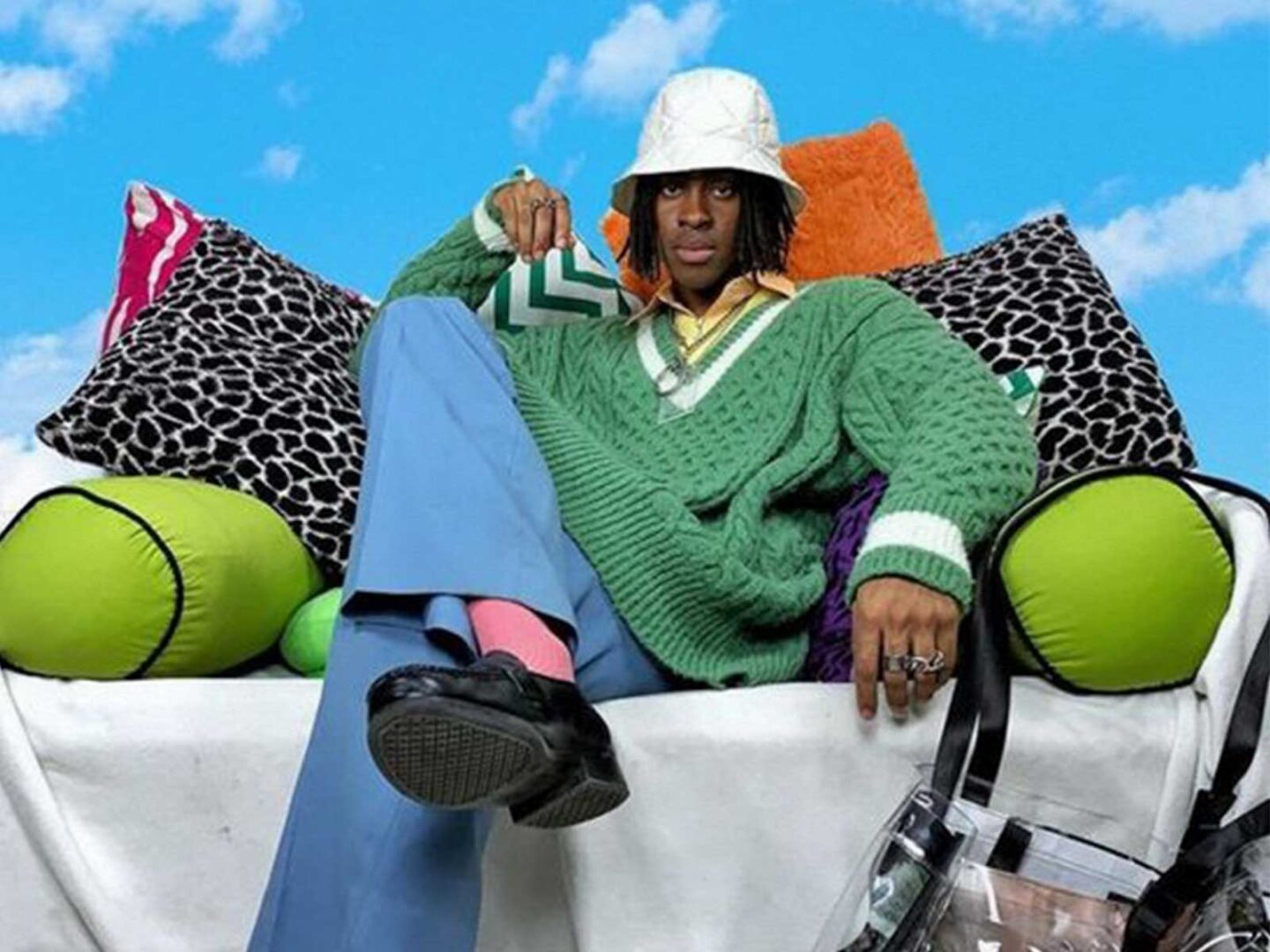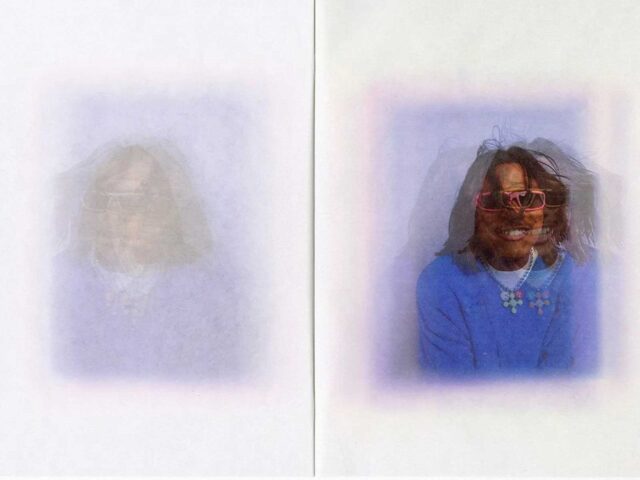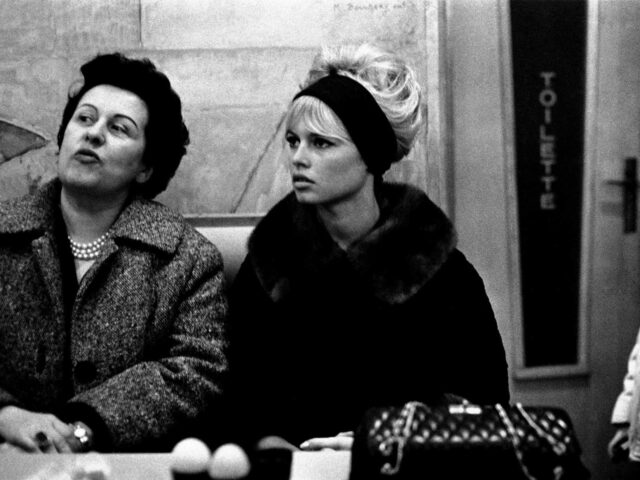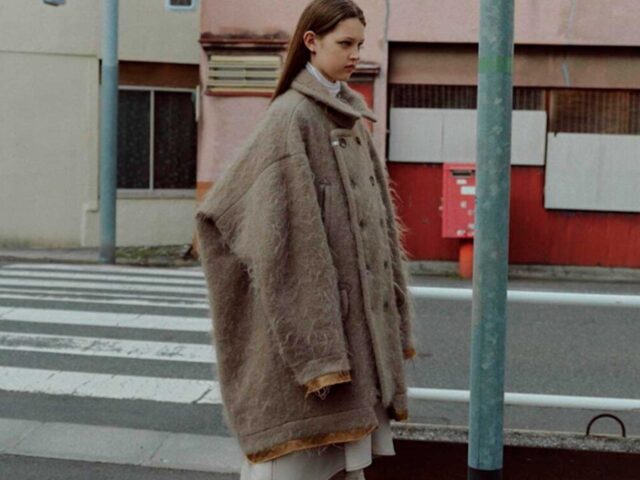According to the latest “Global State of the Consumer Tracker” report from Deloitte, the U.S. audit and assurance firm, more and more consumers are experiencing spikes in anxiety about their economic conditions as they channel all their energy into increasing the flow of their bank accounts as inflation continues to erode their household finances. In this regard, in the U.S., 33% of those surveyed by the researchers said they are experiencing more stress than in the past as a result of inflation.
Beyond this paradigm, the results of the study showed how young consumers are investing in travel as an evasive way to escape from a reality that is often plunged into dystopia. A socio-economic context that is activating an infinite number of anxiety disorders due to a series of factors that could range from problems in the family nucleus or at work, to others (perhaps silent) such as consumer anxiety: a pathology based on shopping anxiety that is affecting all those who are feeling the latent effects of the economic crisis.
FROM COMPULSIVITY TO ANXIETY
In years of greatness and economic prosperity such as the 80s or 90s, there was talk of a current of compulsive shopping: a trend driven by capitalist delusions that is now reversed by consumer anxiety. One that drinks directly from symptoms such as feelings of anxiety and stress, which end up triggering the self-decrease of spending, and the constant replenishment of savings that enters into an eternal loop. However, in the midst of this emerging scenario, tourist trips are excepted as collective destinations on which to carry out a real and transcendental investment for mental health.
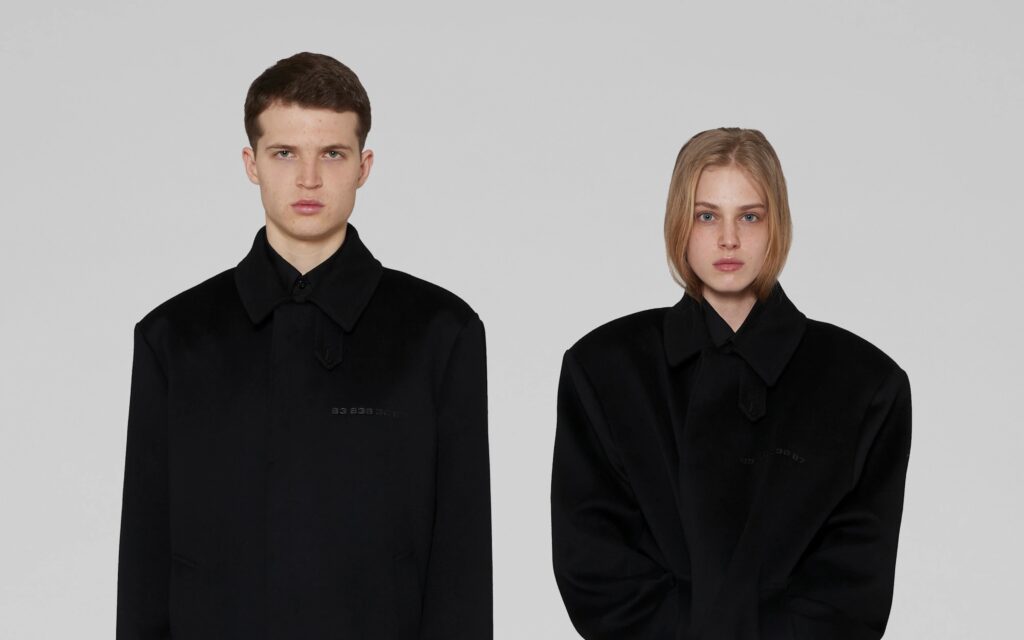
After all, economic fluctuations have highlighted the adoption of smart consumption practices within the “recession-core” movement and the “crisis fatigue” that began to affect Generation Z a few years ago, leading them to spend their money on trips that allow them to get away from stress. This is a generation that is very conscious in every sense of the word, calculating its expenses while deciphering the real cost of the product and of all the materials or the conditions in which they could have been produced. A generational movement in which the manifesto of the woke era and “silent luxury” collide, which puts the focus on sustainability and environmental respect through a renewed interest in minimalist, timeless clothing and quality accessories, which in the long run allow them to spend less.
Sigue toda la información de HIGHXTAR desde Facebook, Twitter o Instagram
You may also like...
